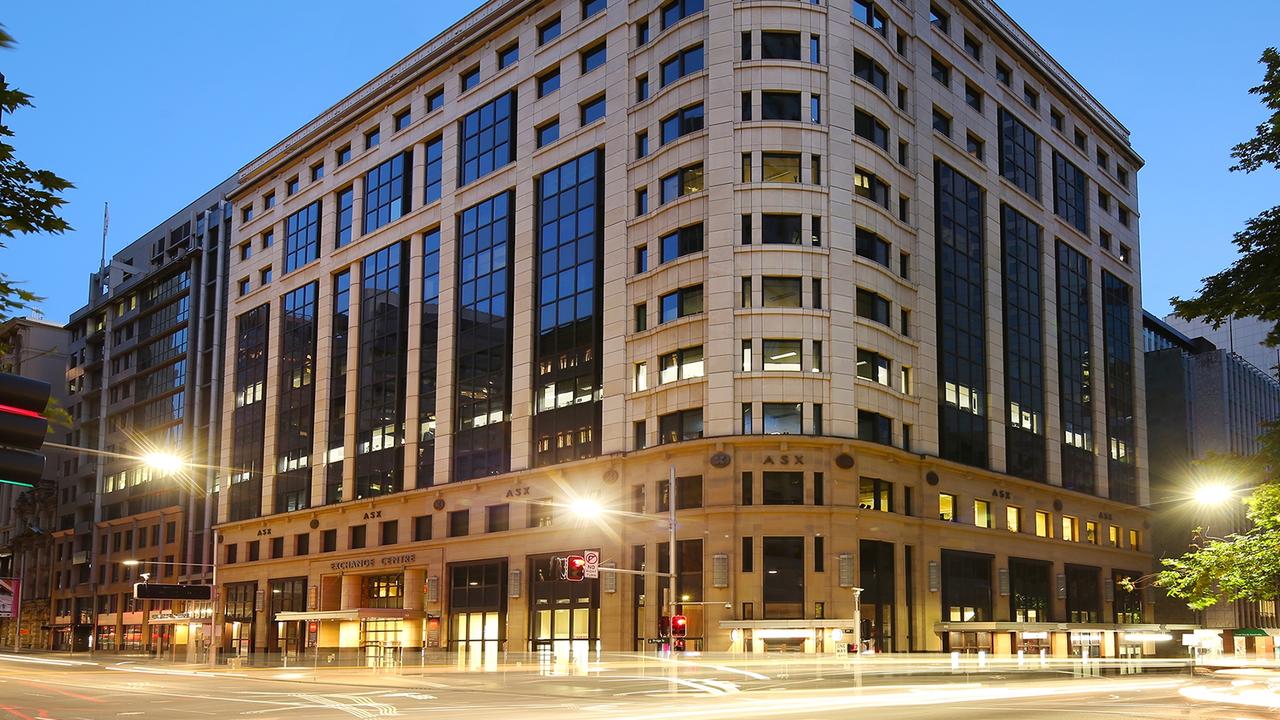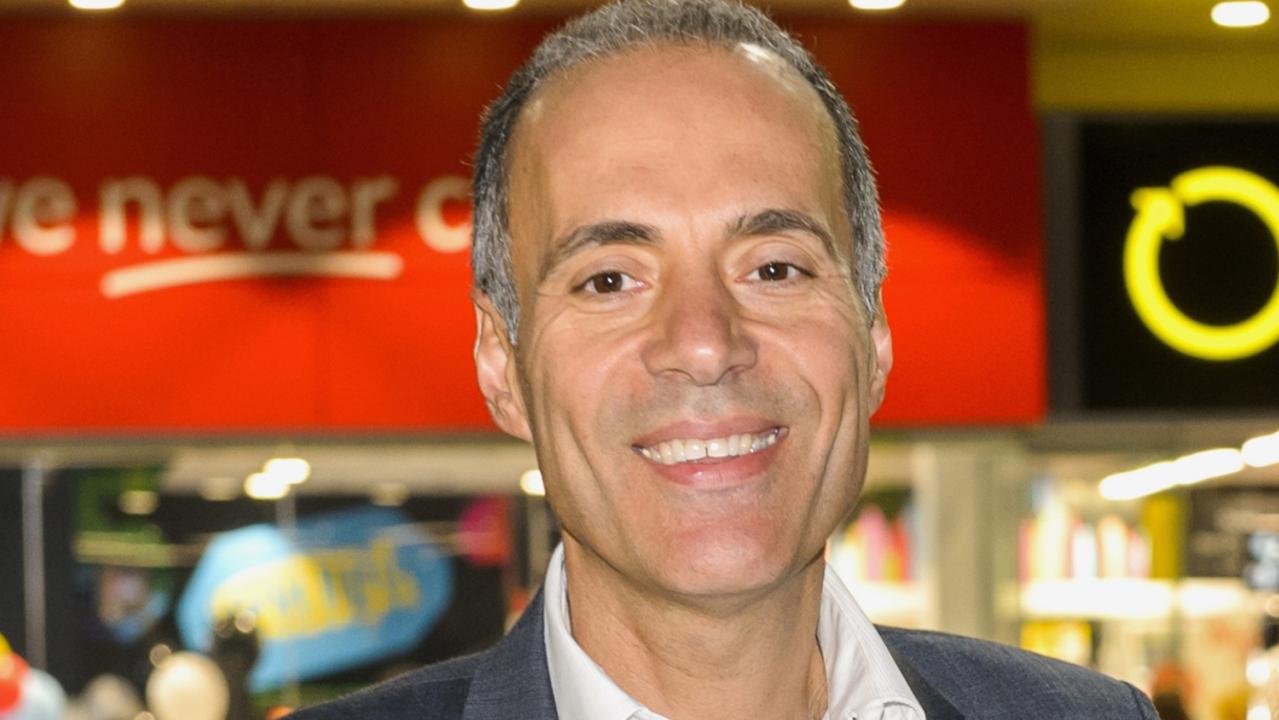Trump, Harris and the US presidential election: Five themes that count for business
From tech, to trade and Wall Street, businesses have a big stake in the outcome of today’s US presidential election.
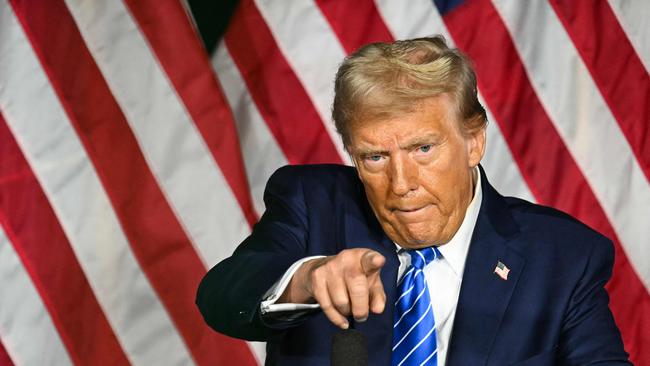
Business
Don't miss out on the headlines from Business. Followed categories will be added to My News.
This one has it all. A comeback story, a late entrant, a near miss and a defining moment for the political contest. Add to this mix a race for the White House that’s going to come down to the very last vote.
It was only at the start of this year that business again started taking a closer interest in Donald Trump as the former US president started crushing his Republican rivals. Despite who comes out ahead this time – Trump or Kamala Harris – there is still so much uncertainty in the result.
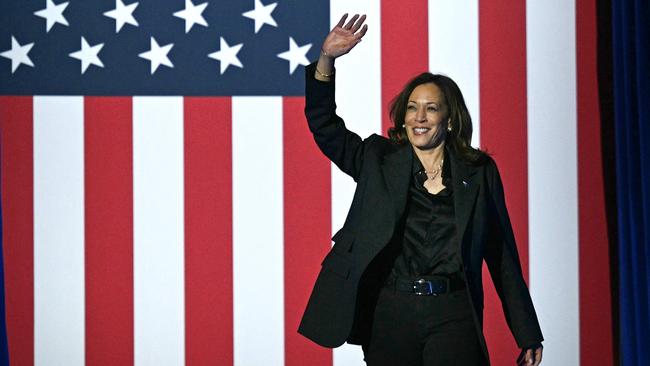
If the presidential campaign is the Broadway show, the real election is what happens to the rest of Washington. How power is split across Congress is just as important.
Control of the Senate or the House of Representatives, or both, could make or break presidential power. There could be a Republican or Democrat sweep, or a president running against the House.
We don’t know how this will shape the policies of either candidate and therefore we really don’t know the impact on the economy, Bank of America CEO Brian Moynihan told The Australian in a recent interview.
“Policy has two things: ‘What I want to do’ and ‘what I can do’,” Moynihan says. “And ‘what I want to do’ is a bunch of things. ‘What I can do’ with the House and Senate is a different story, especially if it’s a very narrow mandate across the board that constrains your activity.”
Still, business can look to the candidates for clues.
In 2016, when Trump first won the White House, he was the surprise candidate who came from behind and no one took seriously.
Even with an erratic style, business has worked with him. Harris also represents an internal succession of the Biden administration’s current policies. But when it comes down to it, what really matters for business in the race for the White House? Inflation
Rising US treasuries have told the story. Both Trump and Harris have a history of big-spending administration, even though both candidates have declared war on inflation through their campaign speeches. From the highs after the pandemic, the US is well down the path to getting inflation back under control, but it remains up for grabs.
Economists sees Trump’s policies as more likely to add to inflation and therefore interest rate pressure. Trump has repeatedly pushed tariffs to counter the trade deficit with China. Tariffs raise the price of goods. But on the other hand, Trump wants to drive energy costs down aggressively – namely oil. Given how much energy contributes to inflation, this will have a deflationary effect. Tariffs could also promote switching from goods made in lower-cost countries such as Vietnam.
Harris on the other hand is going defensive on inflation by targeting corporate drivers of inflation, including price gouging. Still, Harris is expected to keep in place Joe Biden’s Inflation Reduction Act, which represents a huge stimulus program on green energy and infrastructure.
Debt
Regardless of who takes the White House, debt is the big worry. The fiscal deficit is 8.8 per cent of GDP, and public debt is running at 122 per cent of GDP.
Australian public debt is running at 49 per cent. Harris has promised to raise the corporate tax rate to 28 per cent, from 21 per cent, raising more than $US1.3 trillion. However, this hasn’t been matched with spending cuts.
Trump, on the other hand, after cutting the corporate tax rate during his previous term, wants to drive taxes even lower.
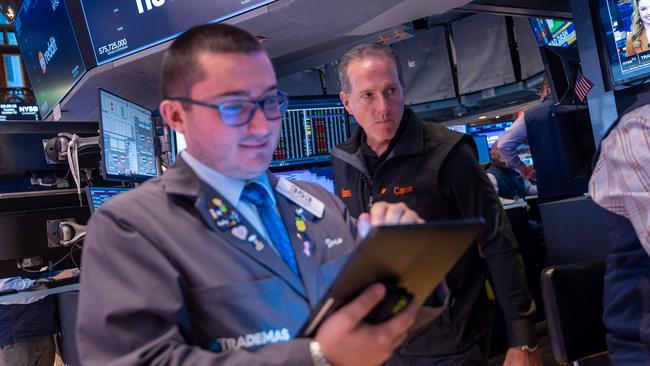
Trump’s policies if all followed would add almost $US8 trillion to the US deficit over the next decade. Harris’s would add $US4 trillion, according to US Committee for a Responsible Federal Budget numbers.
Neither candidate has laid out a plan to get debt under control.
Moynihan says the rate of rising debt “can’t go on”. “It’s not a risk for tomorrow morning. It’s a risk over the next period of time if we don’t get the rate of increase in debt to more match the rate of increase in tax receipts,” he says.
Elon Musk and tech
One of the world’s richest people, Elon Musk, has thrown everything, including some of his wealth, firmly behind Trump. A Trump win would consolidate power for Musk – including the promise of a role in a Trump administration driving government efficiency to slash regulation. It would give an additional boost to his social media platform, X, formerly Twitter.
Despite him backing Trump, Harris too would be favourable for Musk’s flagship Tesla business and the EV industry, with the Biden administration’s IRA program looking to drive more EV battery capacity, supply chains and charging.
Still, Musk’s high-profile support of Trump is unlikely to see him or any of his companies, including SpaceX, welcomed into the White House with Harris in charge.
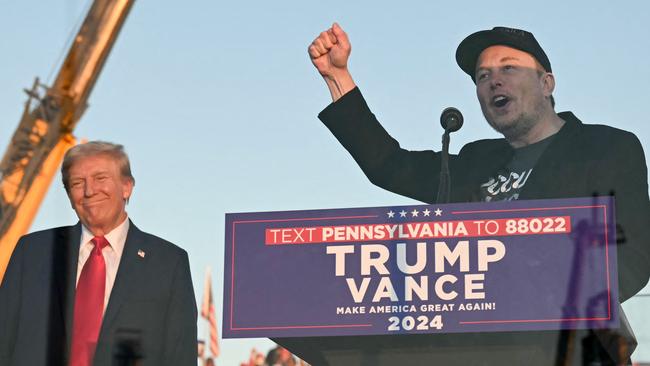
Beyond Musk, there’s plenty at stake for Big Tech with AI, cybersecurity and the threat of breakups of tech players that have too much clout. AI is s the new battleground for tech, with a staggering $US800bn likely to be spent directly, and on AI-adjacent industries such as data centres and energy. Silicon Valley, long a Democrat stronghold, has been drifting behind Trump given his promise to go lightly on AI and tech regulation. Threats from Harris of higher taxes for the ultra-rich also hurt.
Trade
Trump made trade a defining point of his first presidency, and tariffs were a key part of this.
Trade is the biggest area of uncertainty for businesses outside the US and has the greatest potential to set off a trade war between big trading partners, or even deliver a shock to the global economy.
“The global environment at the moment has got more moving pieces than I’ve seen for a long, long time,” outgoing Westpac chief executive Peter King says.
Trump’s tariff play previously was targeted, and aimed at driving a better deal from China given the amount of goods the US was buying from there.
This time he has called out raising tariffs against all trading partners of 10-20 per cent, with different rates on industries and sectors. There’s a 60 per cent tariff on Chinese imports, while EVs and steel will also come in for extra treatment. This will have a major distortion on trade just as global supply chains are fragile following the Covid-19 pandemic.
In Trump’s previous term, nearly all of the tariffs were absorbed by supply chain and profits, which means producers essentially paid for it in a low-inflation environment. But tariffs being proposed will be so broad, ultimately they will be passed on to consumers. Economists have warned about the inflation effect.
Harris has been less concerned about tariffs beyond saying she plans to resist unfair trade from China or practices that undermine Americans.
Wall Street
The US stockmarket is already tracking near record highs so, unlike 2016, the upside of any Trump bump on shares will be limited. Nonetheless, expect a sustained boost for Wall Street under Trump with his decidedly pro-business, lower taxes and low regulation approach, as well as his agitating for lower interest rates. (Trump says he wants to replace Federal Reserve chair Jerome Powell.)
A Republican sweep of the White House and congress would be better for a broad basket of equities (including tech stocks) than a Harris sweep. A Democrat win would back social areas, including infrastructure, healthcare, nuclear energy but would be negative for tech.
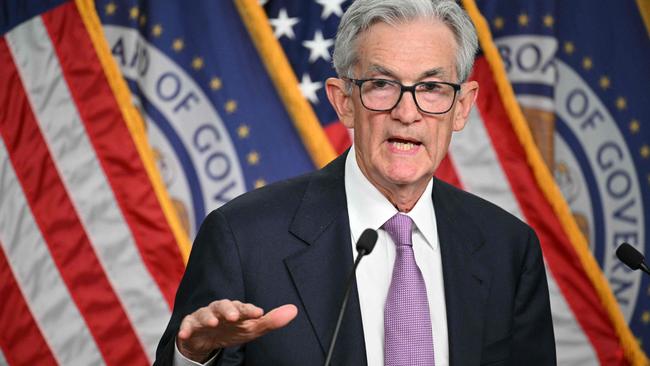
However, Trump’s policies could stoke inflation, including a push for tariffs. Harris is promising higher corporate and capital gains taxes, which hurt business. She is also eyeing higher taxes for the ultra-wealthy and more social spending. Citi’s global chief economist and former Treasury adviser, Nathan Sheets, says a change in administration would bring about volatility.
“With Harris, it’s more continuity but with Trump, you’re moving from one approach to another,” Sheets says. “I think the markets are trying to anticipate what kind of policies Trump would be putting in place. I do think that over the course of some months, some of that volatility would be resolved, and people will say, ‘OK, this is what the policy stance looks like’.”
Regardless of who wins, business is aiming long. Elections come and go in the US over four-year cycles. And the US has steered its way through all kinds of booms and busts.
It’s the world’s biggest capital market and as the AI explosion has shown, there is a deep capacity to build on innovation.
eric.johnston@news.com.au
Originally published as Trump, Harris and the US presidential election: Five themes that count for business


